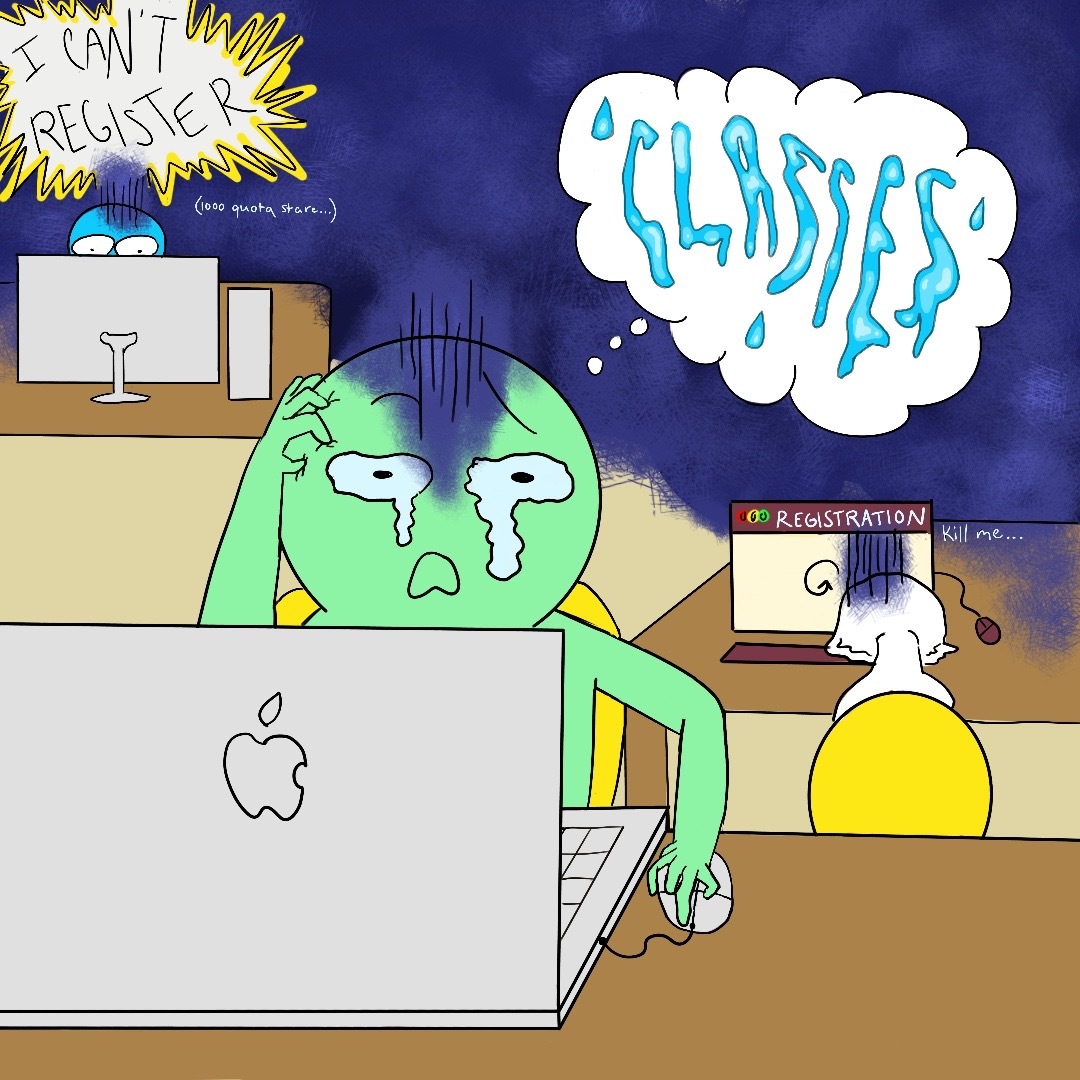Between the pressures of completing classwork and studying for tests — especially around midterms and finals — making a concerted effort to maintain one’s health in a graduate degree program can be very difficult.
The average college student is no stranger to caffeine-fueled study binges, nights of under five hours of sleep and even assistance from medical stimulants such as Adderall. A study by the Journal of Clinical Psychiatry finds of all non-medicated Adderall usage, 60 percent comes from young adults ages 18-25, which are mostly college students. And to many in academia, this is probably not a shocking statistic.
The correlation between study habits and the mental and physical health of college students has been a major topic of study and discussion as of recent, and these issues only become more apparent as students climb up the rungs. Looking into the lives of the average doctoral student, the statistics become staggeringly high. According to a study by Science Direct Journal, as many as one in two doctoral students face psychological distress and one in three are at risk of a common psychiatric disorder such as depression.
To get a more personal account, communications professor Matthew Morris knows this stress all too well, as he was in a doctoral program not too long ago. Morris said the incredibly high expectations doctoral students face in their highly dense workloads on a weekly basis can be a lot. Having to read an average of 1,000 pages of text weekly sounds like an absurd expectation to have of a college student, especially to one with other obligations, such as teaching classes.
Though to students in the same position as Morris, this is a reality. Morris said doctoral students using medication to cope with the pressure of incredible workloads isn’t uncommon.
The pressures don’t end there, as student loan debt becomes impossible for some to pay back. A doctoral program becomes akin to having two full-time jobs, as many students teach classes as a means of supporting themselves. A doctoral student’s typical day consists of preparing for their lecture, teaching their class, grading, writing and attending class. Whatever spare time they have left must be used wisely if they intend to lead any semblance of a social life or get some amount of sleep.
It can be imagined how strenuous this can be on a student’s psyche. Though this is something we should all acknowledge as a serious issue, it is sadly normalized in the academic community. The problem is this unhealthy behavior is a common lifestyle happening among college students and is something to be expected. When it comes to the health of students, there should be should have far more concern for their well-being, and hopefully, this is addressed in the near future.
– James Debbah is a digital media innovation junior














